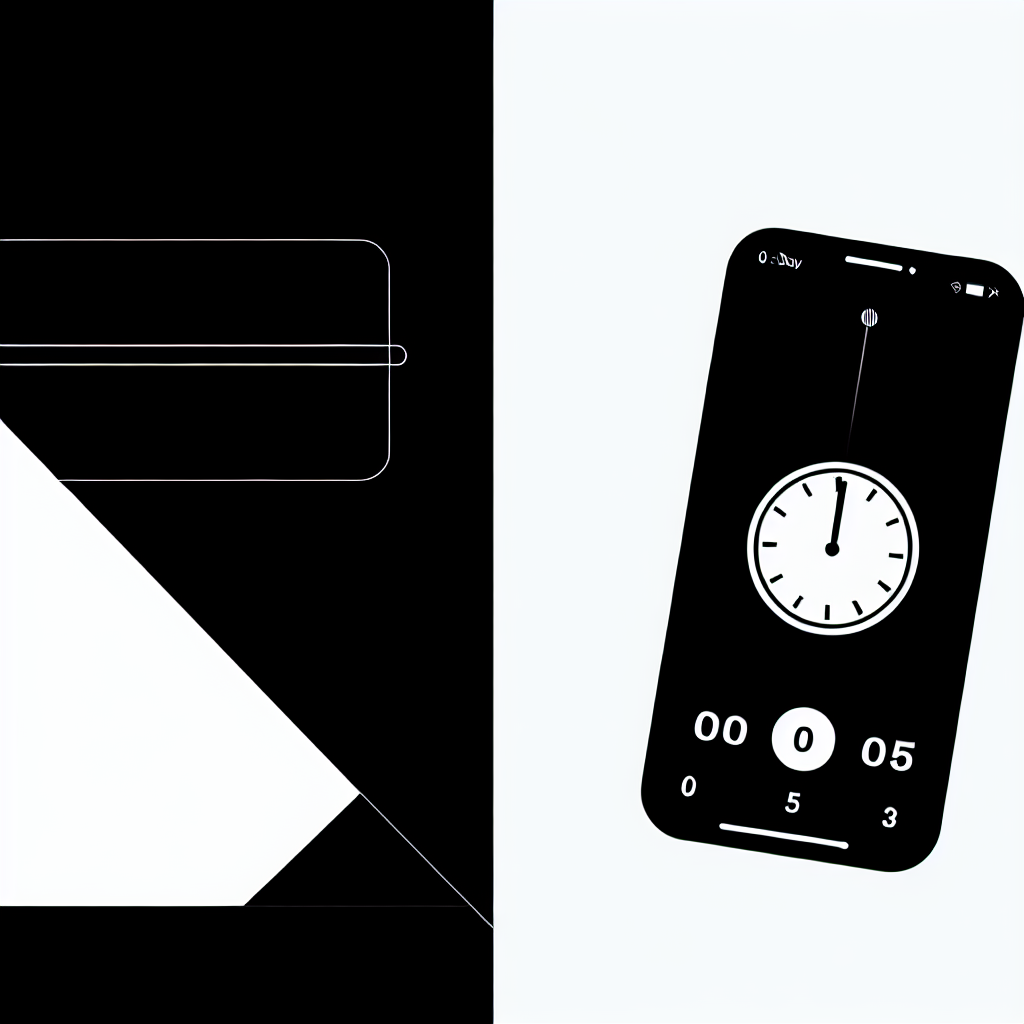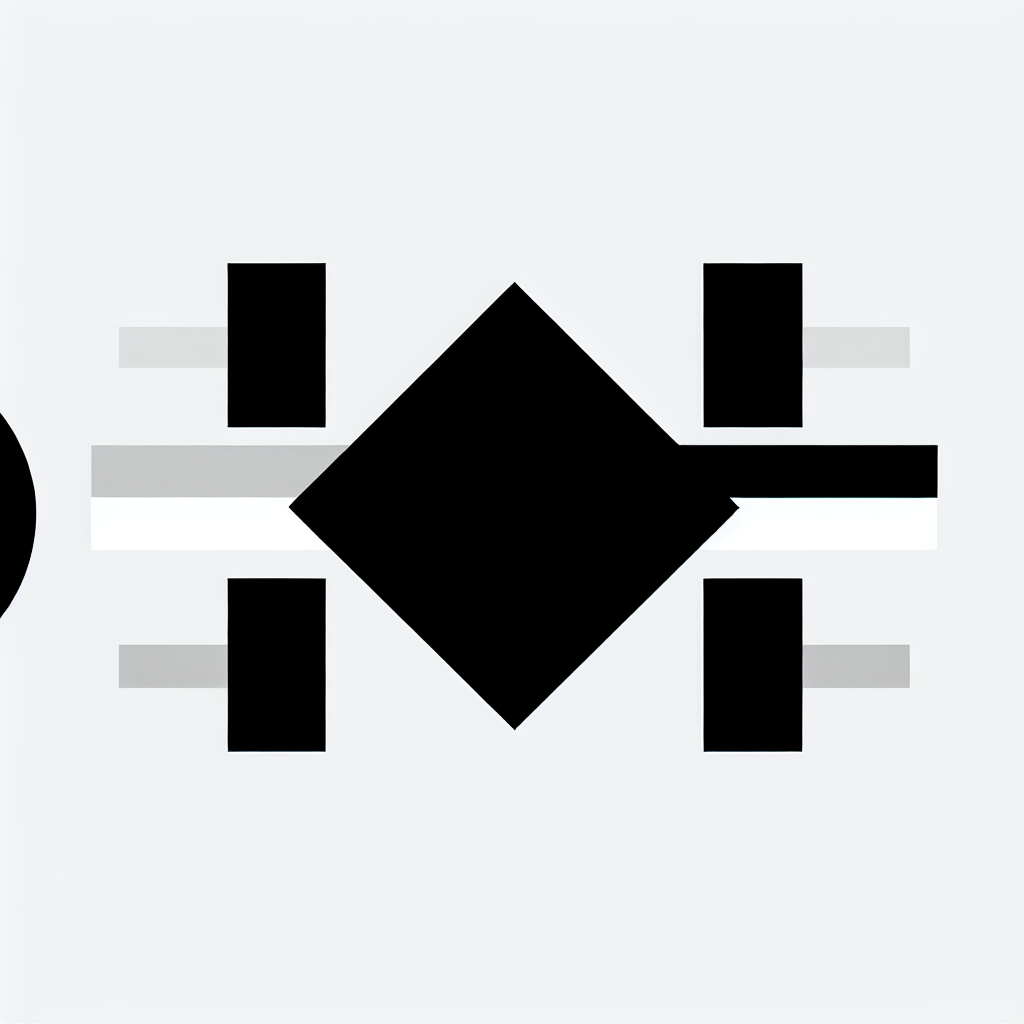The Evolution of Time Tracking Tools: A Historical Perspective
Time tracking has been crucial for enhancing productivity throughout history. From sundials used in ancient civilizations to today’s sophisticated digital solutions, the evolution of these tools mirrors the advancements in technology and changes in work culture. This article explores the historical milestones in time tracking and their impact on modern work practices.
Ancient Timekeeping Techniques
The journey of time tracking began with ancient societies. Egyptians utilized sundials and water clocks, while the Greeks developed mechanical timekeeping devices as early as the 3rd century BC. These innovations laid the groundwork for future developments in time management.
Time Management During the Industrial Revolution
The Industrial Revolution in the 18th century significantly changed the landscape of time management. Factories adopted time cards and punch clocks, allowing employers to monitor employee hours and productivity effectively. This shift marked a pivotal moment in workforce management practices.
Mechanical to Electronic Time Tracking Innovations
In the early 20th century, mechanical time-tracking devices gained widespread use. Workers would insert time cards into clocks that logged their hours, simplifying attendance tracking. The subsequent arrival of electronic time clocks further improved accuracy and streamlined payroll processes for businesses.
Transition to Digital Time Tracking Solutions
The late 20th century brought a significant transformation as digital technology began to reshape time tracking. Software applications replaced traditional mechanical systems, enabling businesses to track project hours, billable time, and overall productivity with greater efficiency. Organizations embraced these digital tools to enhance their operational capabilities.
The Emergence of Cloud-Based Time Tracking Tools
In recent years, cloud-based time tracking solutions have gained immense popularity, offering unparalleled flexibility and accessibility. These tools empower remote teams to monitor their time from anywhere, promoting collaboration and effective project management. Features such as real-time tracking, analytics, and software integration have made these solutions essential for contemporary businesses.
Anticipating the Future of Time Tracking
As we look ahead, the future of time tracking tools promises further evolution, incorporating artificial intelligence and automation to enhance productivity. Understanding the historical development of these tools helps us appreciate their significant role in today’s dynamic work environments. From ancient methods to cutting-edge technology, the evolution of time tracking continues to shape our approach to managing time effectively.
Related Articles

Leveraging Timer.Plus for Enhanced Time Management in Your Projects
Explore how Timer.Plus can transform your time management strategies with powerful features and customization options.

Simple Techniques for Effective Time Management with Timer Plus
Explore actionable techniques to enhance your time management using Timer Plus for productivity.

5 Essential Steps for Building a Mobile-Responsive Countdown Timer
Learn how to create a mobile-responsive countdown timer in five essential steps to enhance user experience on any device.

Creative Ways to Use Timer.Plus for Enhanced Productivity
Discover innovative strategies to leverage Timer.Plus for better time management and increased productivity in your daily tasks.

Enhancing Timer.plus with Effective Font Loading Techniques
Explore strategies to optimize font loading in Timer.plus for improved performance and user experience.
Ready to level up your timing game?
Join thousands of professionals using Timer.plus to run better meetings, manage workshops, and keep presentations on track. Create unlimited timers, save your favorites, and sync across devices.
Start timing for free →